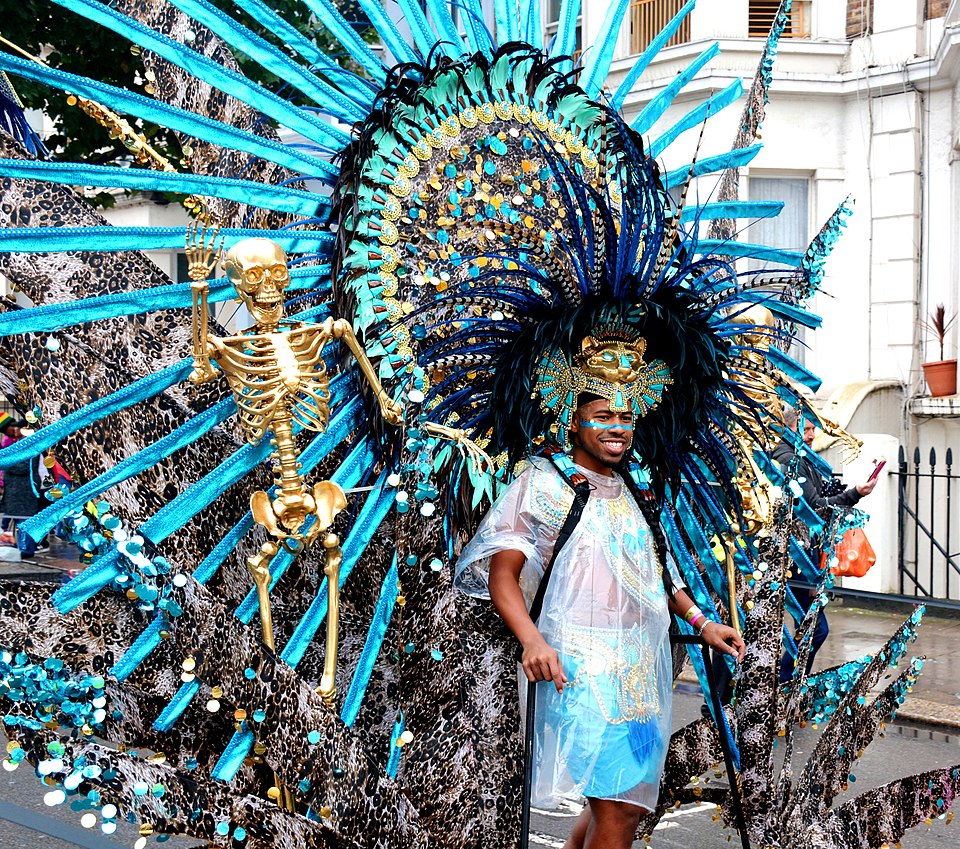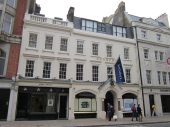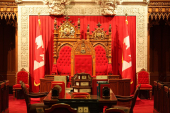
London’s vibrant Notting Hill Carnival, a cornerstone of the city’s cultural calendar, faces an uncertain future due to a severe funding shortfall, according to a leaked letter from its organizers.
The annual event, which draws millions to celebrate Caribbean heritage with colorful parades, music, and dance, has issued a stark warning that without immediate government intervention, it may not survive. The revelation, reported by BBC London News on June 18, 2025, has sparked concern among residents, performers, and cultural advocates who see the carnival as a symbol of unity and diversity.
The letter, addressed to government officials, highlights the escalating costs of hosting the carnival, including security, logistics, and infrastructure. Organizers estimate that expenses have risen sharply in recent years, exacerbated by inflation and post-pandemic recovery challenges. Despite its economic boost to London—generating millions in revenue for local businesses—the carnival relies heavily on public and private funding. The absence of a long-term financial commitment from the government has left organizers struggling to plan for 2026 and beyond. “This is not just a party; it’s a cultural institution,” said a spokesperson for the carnival. “Without urgent support, we risk losing something irreplaceable.”
Community leaders have rallied to the cause, urging both the Mayor of London, Sadiq Khan, and national authorities to act swiftly. Khan, who has championed the carnival in the past, expressed disappointment at the lack of funding in the recent Spending Review, which prioritized other sectors. On X, users echoed the sentiment, with one post calling the potential loss “a travesty for London’s soul.” The carnival’s organizers have also pointed to its role in fostering social cohesion, particularly in the wake of recent tensions around cultural events in the capital.
Critics argue that the government’s failure to prioritize the carnival reflects a broader neglect of grassroots cultural initiatives. The event, born in the 1960s as a response to racial tensions, has grown into one of the world’s largest street festivals. Its significance extends beyond entertainment, serving as a platform for Caribbean communities to share their heritage. Performers like steel drum bands and masquerade troupes spend months preparing, while local businesses rely on the influx of visitors. The potential cancellation would deal a blow to these groups, many of whom are still recovering from the pandemic’s impact.
The government has yet to respond formally, but sources suggest discussions are underway to explore emergency funding options. Some propose a public-private partnership model, similar to those used for other major London events like the London Marathon. Others advocate for a dedicated cultural fund to support festivals like Notting Hill Carnival, ensuring their longevity. For now, organizers are appealing to the public to sign petitions and raise awareness, hoping to pressure policymakers into action.
As Londoners await a resolution, the carnival’s fate hangs in the balance. The event’s vibrant spirit, captured in its pulsating rhythms and dazzling costumes, has long been a source of pride for the city. Losing it would not only dim London’s cultural landscape but also signal a troubling precedent for other community-driven festivals. The next few weeks will be critical in determining whether Notting Hill Carnival can continue to light up the streets of west London for generations to come. Photo by David Sedlecký, Wikimedia commons.









































